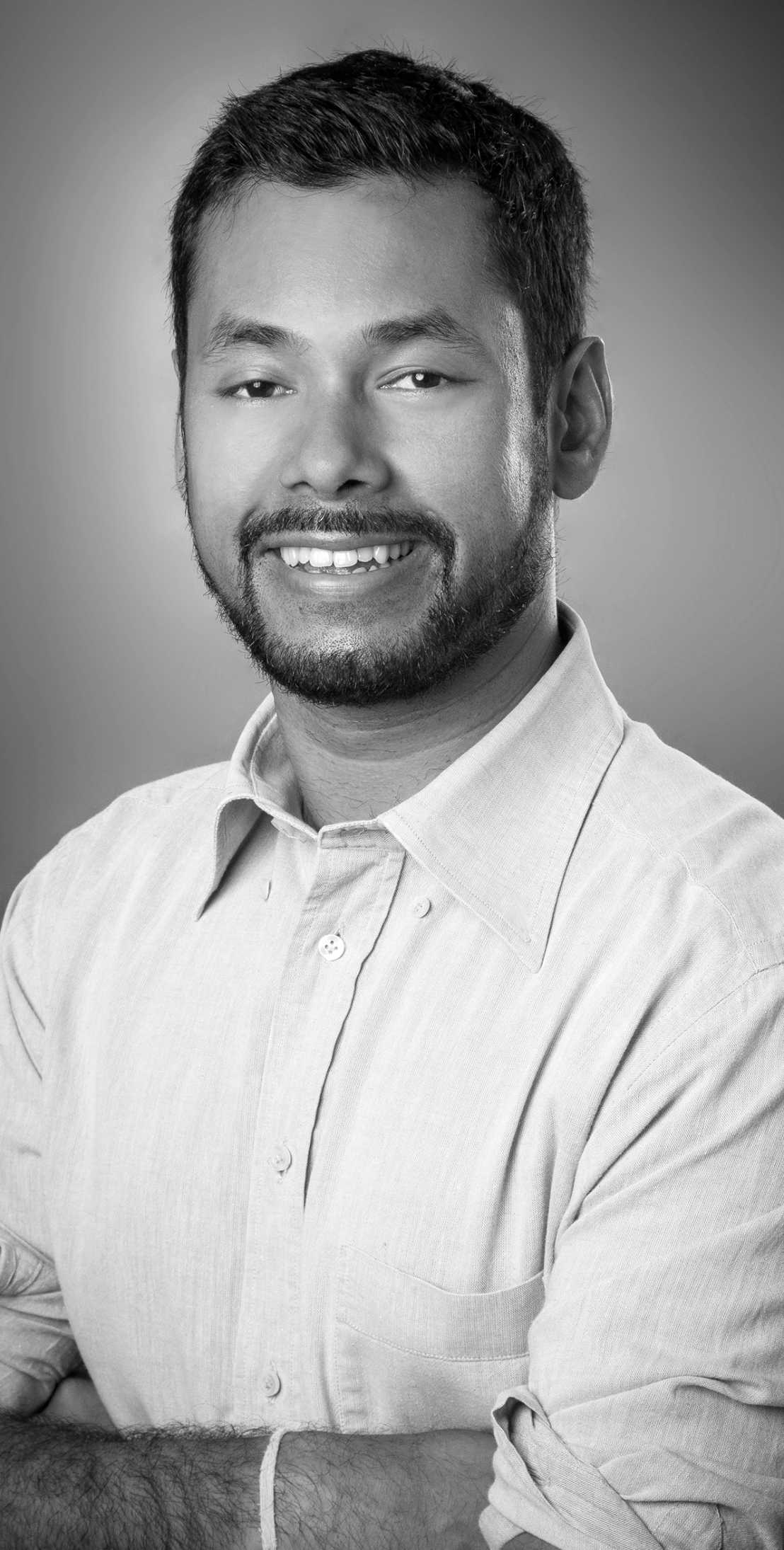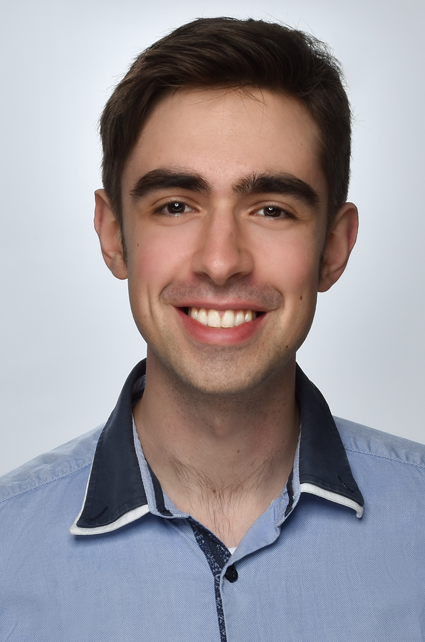Swiss Nanotech-Award given to Rajib Schubert and Gotthold Fläschner
Rajib Schubert and Gotthold Fläschner from the Biophysics Group of Professor Daniel Müller received the 2018 Swiss Nanotechnology PhD Award. The prize is offered to doctoral students who achieved excellent scientific first-author publications in the field of nanotechnology and nanoscience.

Rajib Schubert's research career began in the area of molecular bioengineering towards his Masters thesis at Columbia University with Dr. Samuel Sia from 2006 to 2008. His doctoral thesis at the ETH Zurich in Basel, Switzerland, was conducted under the supervision of Professor Daniel Müller and Dr. Botond Roska (Friedrich Miescher Institute) from 2010 to 2016. The first half of his doctorate focused on applying the atomic force microscope for measuring and characterizing adhesion, and mechanics of single cells (see article by Schubert et al. 2016, published in Nature Communications). For the second half of his doctorate, Rajib invented a technique called virus stamping. Using nanotechnology, Rajib presented a simple, versatile, and efficient method for targeted viral transduction of single cells in cell culture, tissues, and the brains of live mice (see article by external page Schubert et al. 2018, published as a front cover story in Nature Biotechnology). The title of his docthoral thesis is: Schubert, R. (2016) Combining Atomic Force Microscopy and Novel Methods in Viral Tracing to Study Neural Connectivity. Doctor of Sciences (Dr. sc. ETH Zurich) Co-supervisors: Prof. Daniel Müller and Dr. Botond Roska. ETH doctoral thesis, https://doi.org/10.3929/ethz-a-010783974.
Rajib is also passionate about conveying some of the broader messages in science in his research from an artistic perspective, and has won several awards or has had his work displayed in art of science competitions and exhibitions (SNSF Scientific Image Competition 2018, ibdi calendar, and Techstock art of science festival).
Rajib is currently a postdoctoral scientist at the California Institute of Technology, CA, USA in the lab of Dr. Viviana Gradinaru. His broad interests are in the areas of viral delivery technology, low cost diagnostic devices, and cellular reprograming. His long-term goal and mission is to deliver better and sustainable health care for the well-being of all people through inventing new technology.

Gotthold Fläschner’s field of interest is in the nanometer-scale science and in particular, the application and theory of micro-mechanical oscillators. He completed his Master’s degree in physics in 2013 at the University of Hamburg, Germany, where he worked in the group of Professor R. Wiesendanger on ultra-cold mechanical systems and their interaction with light. Interested in the complexity that living systems offer, he decided to pursue his doctoral studies in the biophysics group of Professor Daniel Müller at the ETH-Department of Biosystems Science and Engineering. Together with his supervisor David Martínez-Martín he established a physiological mass measurement method for single cells utilizing the laser induced oscillation of cantilevers. This culminated in the discovery of minute mass fluctuations in mammalian cells and the development of a highly sensitive scale that measures the weight of a single cell; the corresponding article external page published in Nature external page (2017) was picked up by mass media under the title “How much does life weigh?” (see ETH Zurich Media release from 26 October 2017). Apart from his research, Gotthold is an experienced lecturer giving public physics lectures at the Planetarium and HAW Hamburg. To finish off his doctoral studies, Gotthold is currently investigating the characterization of dynamic mechanical properties of cells. The title of his doctoral thesis is: Measuring the mass of a living cell.